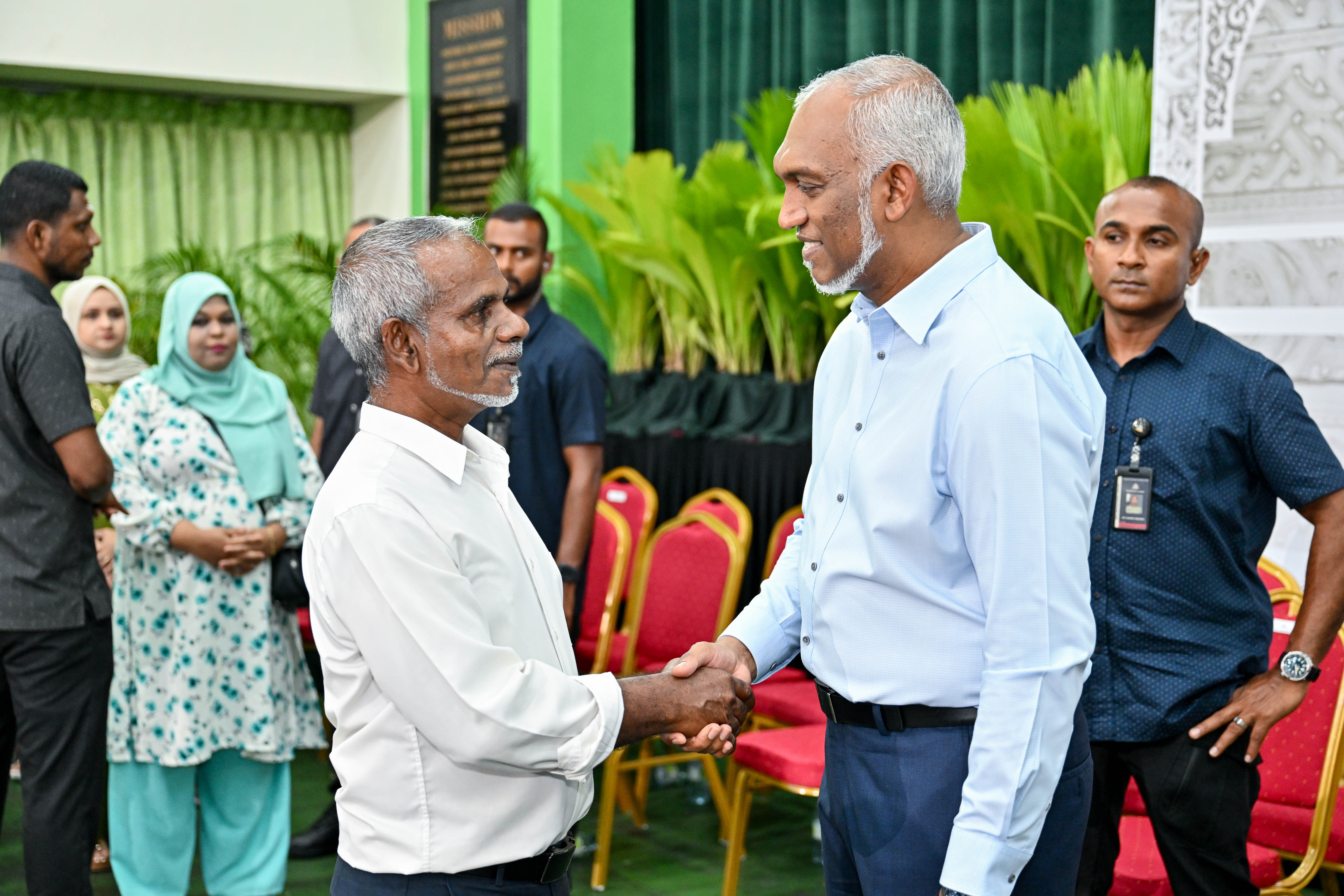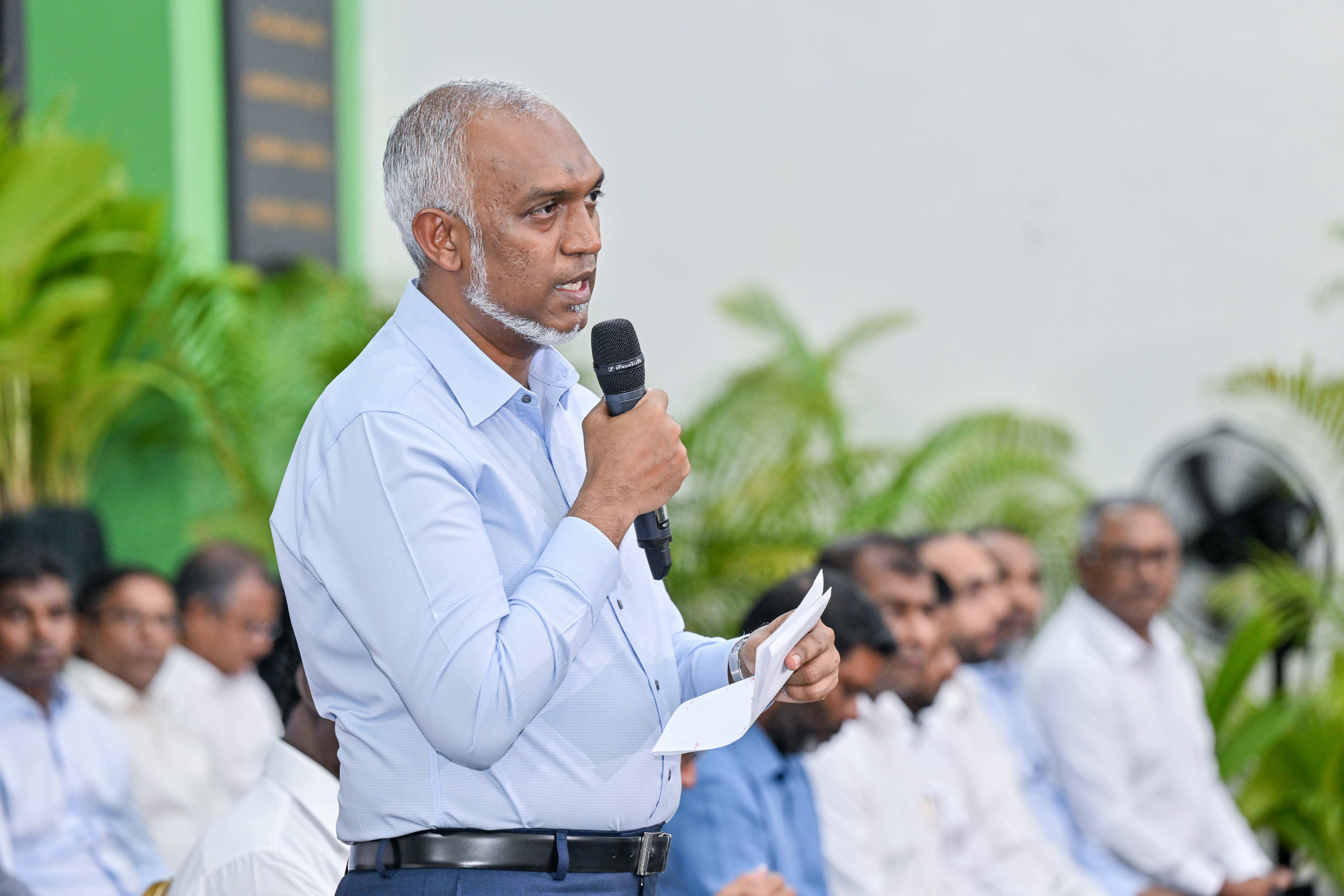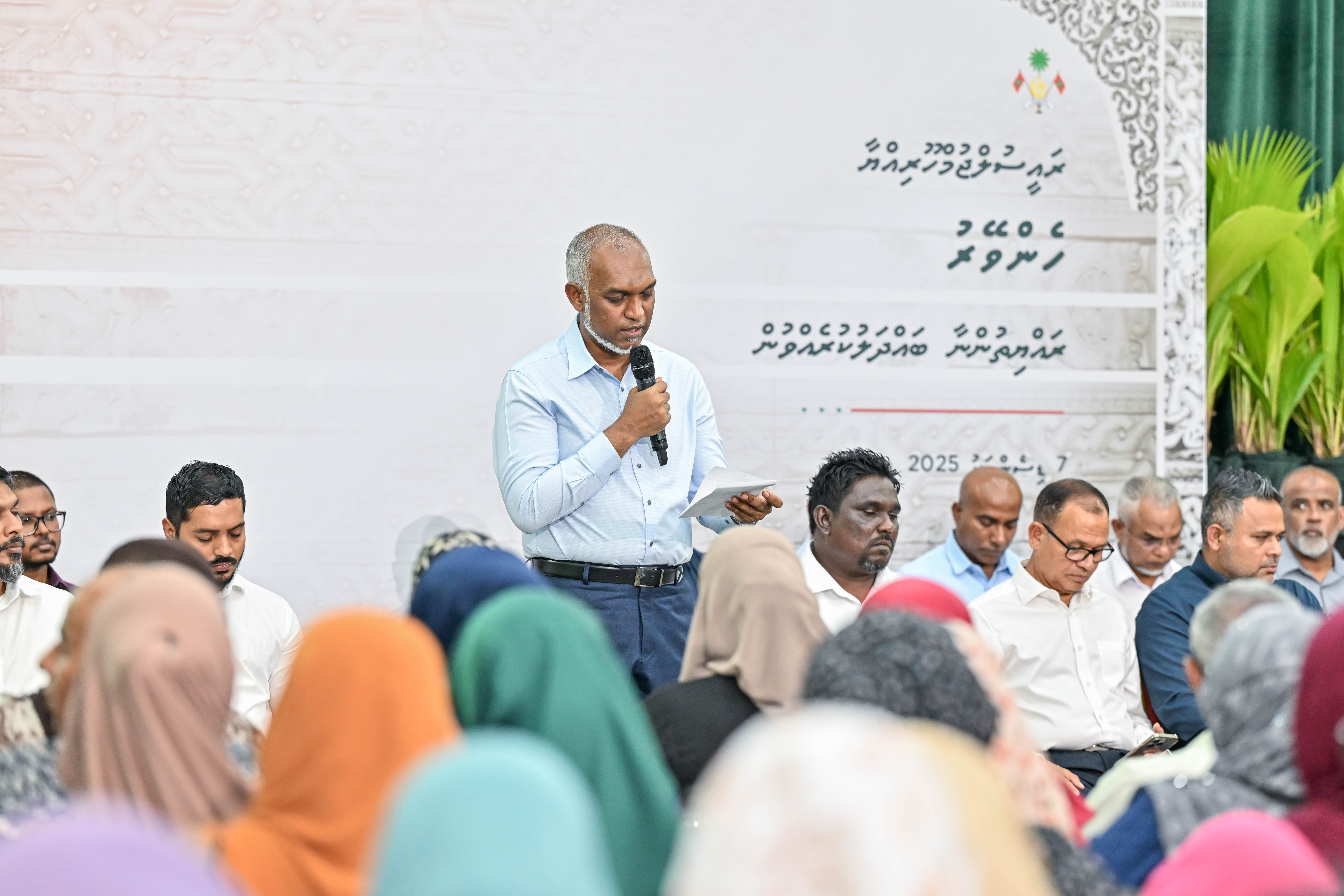An international media watchdog is urging Pakistan not to deport more than 200 Afghan journalists who fled their homeland after the Taliban regained control in August 2021 as US and NATO forces withdrew following more than two decades of war.
The appeal was made by Reporters Without Borders one week after Pakistan began cracking down on foreign nationals without proper documentation, mostly an estimated 1.7 million Afghans.
The crackdown began Nov. 1 after the expiration of a monthlong grace period for unregistered foreigners to leave voluntarily. Nearly 270,000 Afghans have returned home to avoid arrest and forced expulsion. They included people who lived in Pakistan for up to four decades.
Some said they never registered with the UN refugee agency because Pakistani authorities were hospitable, and they didn’t imagine that they would be told to leave at short notice.
The Afghans who are still in Pakistan include about 200 journalists as well as about 25,000 Afghans waiting for relocation to the United States under a special refugee program. Under US rules, applicants must first relocate to a third country — in this case, Pakistan — for their cases to be processed.
The appeal was made by Reporters Without Borders one week after Pakistan began cracking down on foreign nationals without proper documentation, mostly an estimated 1.7 million Afghans.
The crackdown began Nov. 1 after the expiration of a monthlong grace period for unregistered foreigners to leave voluntarily. Nearly 270,000 Afghans have returned home to avoid arrest and forced expulsion. They included people who lived in Pakistan for up to four decades.
Some said they never registered with the UN refugee agency because Pakistani authorities were hospitable, and they didn’t imagine that they would be told to leave at short notice.
The Afghans who are still in Pakistan include about 200 journalists as well as about 25,000 Afghans waiting for relocation to the United States under a special refugee program. Under US rules, applicants must first relocate to a third country — in this case, Pakistan — for their cases to be processed.


















